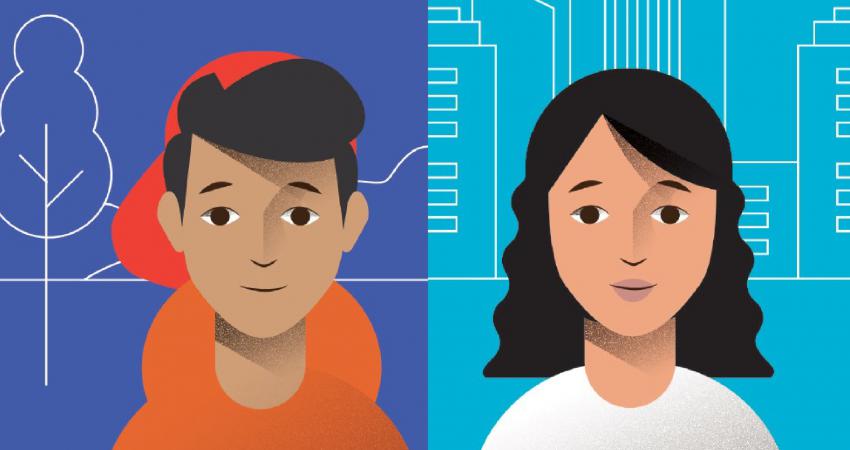Guatemala: IOM Trains IGM Staff to Implement Protocol to Protect Vulnerable Migrants

The Guatemalan Migration Institute (IGM), with the support of the International Organization for Migration (IOM), has initiated a series of trainings for more than 260 officials who work at border control posts.
The goal of these trainings is to enable public servants to identify migrants who are in a vulnerable situation and in need of protection or any other humanitarian assistance, according to the adverse circumstances they may be facing. These indications are found in the Standard Protocol for the Care, Protection and Referral of Migrants in a Situation of Vulnerability at Migration Border Posts, which was prepared with the indications set forth in Guatemala’s current Migration Code.
The protocol provides guidelines for specialized, gender-sensitive and rights-based services to promote safe, orderly, and regular migration that ensures adequate identification, protection, and assistance for vulnerable migrants.
Following the training, the staff members will have procedures and techniques for observation, identification of needs, and interview models that will allow them to approach populations in need of special attention or with urgent needs in a sensitive and warm manner.
IGM authorities stated: “this training process is essential, since it allows us to coordinate actions with governmental organizations such as the Ministry of Public Health, the Attorney General’s Office and others, as well as civil society organizations to organize support for migrants and provide the support they need".
The trainings are intended to contribute to the strengthening of inter-agency and intra-institutional coordination of IGM’s staff in central offices and border delegations.
In addition, they seek to professionalize IGM as the institution responsible for the timely assistance and protection of foreign or national migrants who require it, oriented towards ensuring respect for the human rights of individuals.
The protocol and its trainings are part of the actions of IOM’s Western Hemisphere Program, funded by the United States Department of State Bureau of Population, Refugees and Migration.
